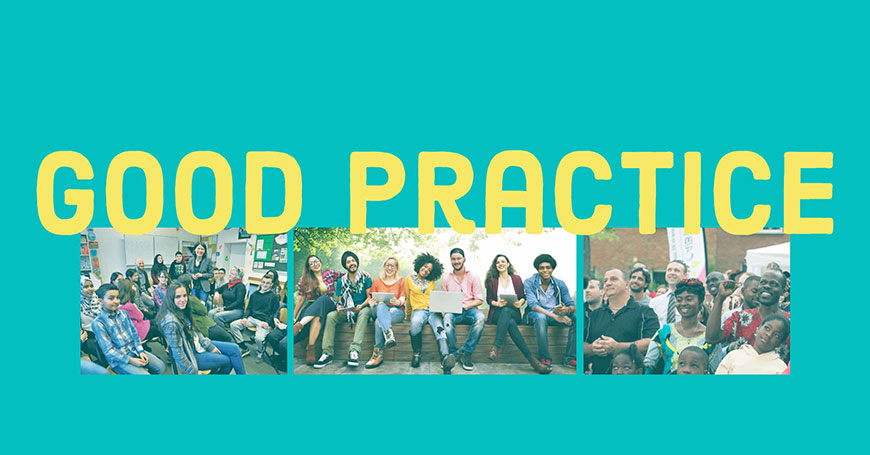Intercultural cities: good practice examples

The first step is the adoption (and implementation) of strategies that facilitate positive intercultural encounters and exchanges, and promote equal and active participation of residents and communities in the development of the city, thus responding to the needs of a diverse population. The Intercultural integration policy model is based on extensive research evidence, on a range of international legal instruments, and on the collective input of the cities member of the Intercultural Cities programme that share their good practice examples on how to better manage diversity, address possible conflicts, and benefit from the diversity advantage.
This section offers examples of intercultural approaches that facilitate the development and implementation of intercultural strategies.
Promoting cultural participation and equal access to culture in Neuchâtel
This action promoting cultural participation was implemented in the frame of the intercultural strategy of the canton of Neuchâtel, which is based on the recognition of diversity, equality,...
The Leeds Learning Alliance
The Leeds Learning Alliance (LLA) is a consortium of organisations formed in 2019 by a group of leaders, aiming to improve education in Leeds, United Kingdom (UK). The Alliance is unusual in the UK...
The Equality Space
Purpose: The Equality Space (Espace Égalité) hosts a one-of-a-kind experience for children and young adults to get familiar with 26 discrimination criteria and fully understand the impact of...


